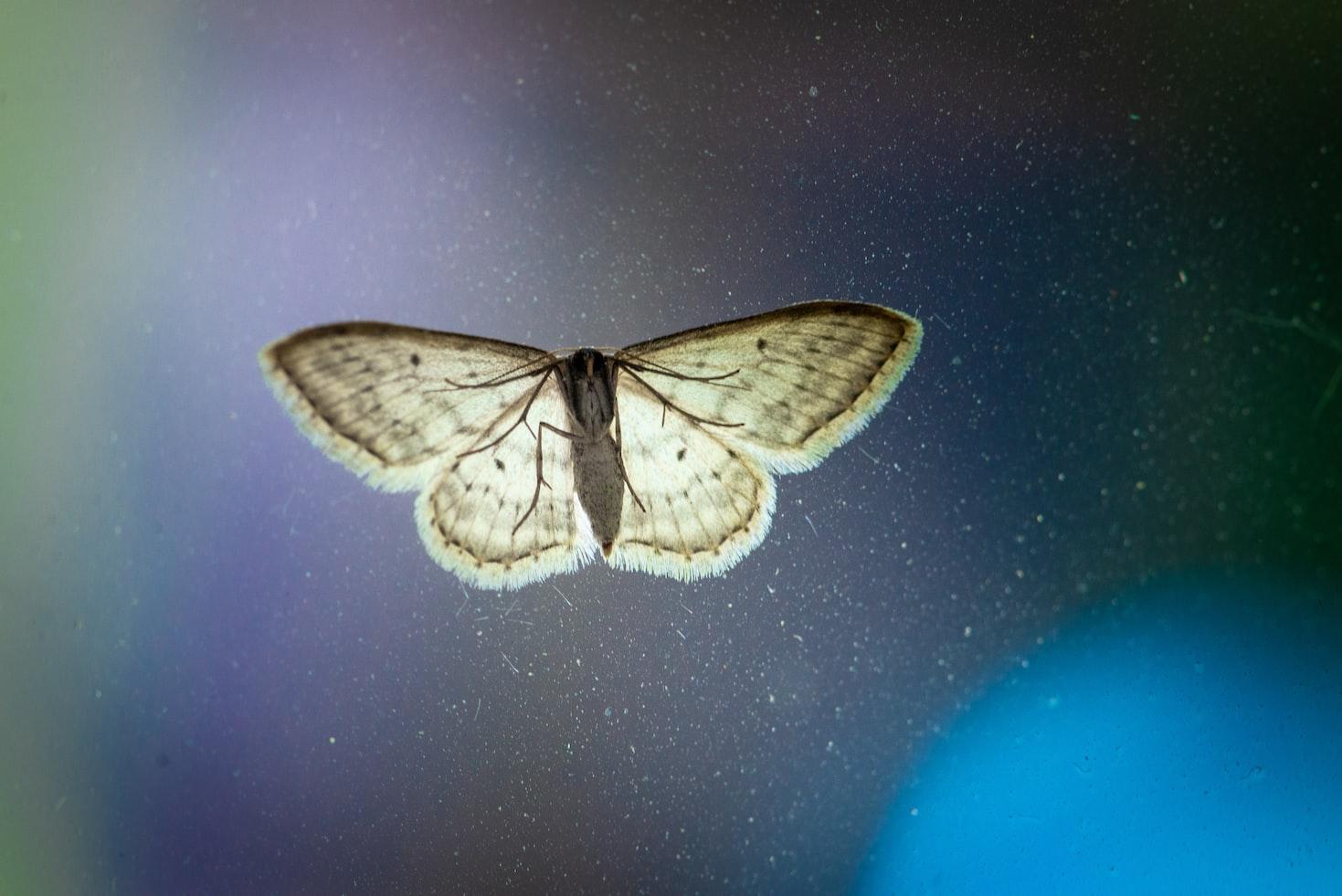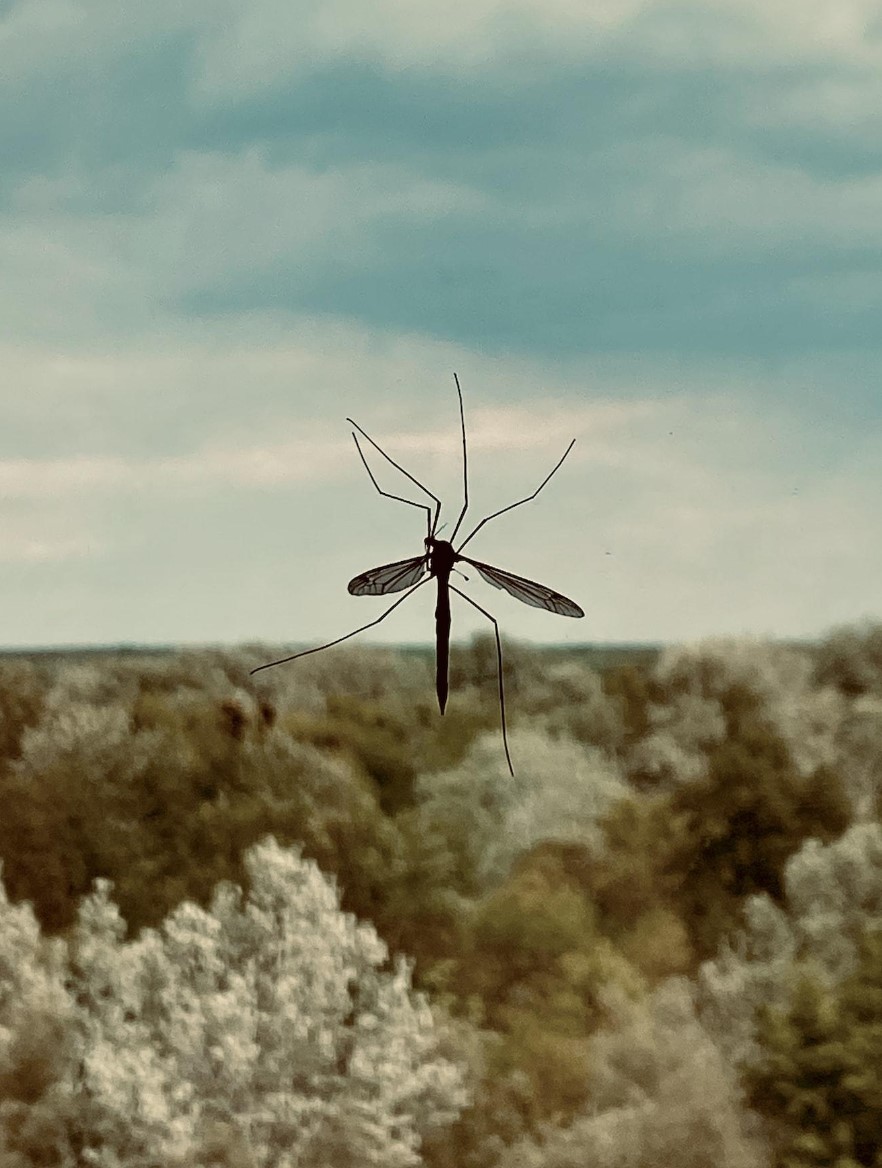Are you aware of the importance of pest inspection? People dealing with pest infestation problems often overlook the benefits that come with getting a professional to inspect their homes. Without knowing, pests can cause long-term damage not only within your property but also impact your health and comfort level inside the home. A thorough pest inspection performed by qualified contractors can identify potential infestations before they become real disasters for homeowners. Keep reading this blog post as we discuss how vital it is to get regular inspections for a safe and healthy house!
Understanding the Different Types of Pests and their Potential Dangers
Pests are not only unsightly nuisances, but they can also pose serious health risks to you and your family. While many pests are harmless, some types can be extremely dangerous if left unchecked. For instance, rodents can carry diseases like Hantavirus, which is transmitted through their urine and feces. Mosquitoes, on the other hand, can spread potentially deadly viruses like West Nile and Zika. Cockroaches may trigger asthma and allergy symptoms in some people, while ticks can transmit Lyme disease. It's important to be familiar with the different types of pests, the signs of infestation, and the potential dangers they pose. Prevention is the most effective way to eliminate pests before they become a problem, and professional pest control services can help you identify and eradicate these unwanted invaders from your home.
Identifying Signs Of Infestation In Your Home
Recognizing the signs of infestation is an absolute must to prevent the issue from getting out of control. The first and most obvious sign is the presence of actual pests such as rats, mice, or cockroaches. You should also look for droppings or tracks that will give you a clue as to what kind of pest you are dealing with. Another sign to keep an eye out for is holes in your walls, floors, or doors. These are often the entry points that pests use to enter your home. If you start to notice strange odors or unusual sounds coming from your walls or ceiling, it's time to take action. These could be signs of a more serious infestation that requires professional help. Lastly, keep an eye out for damage to your furniture or clothing. Certain pests such as carpet beetles or moths can cause significant damage to upholstery and clothing fibers. By identifying these signs early on, you can take the necessary steps to get rid of the infestation before it becomes a major problem.
The Benefits of Regular Pest Inspections
Regular pest inspections are an important aspect of homeownership. While it may seem like an unnecessary expense, the benefits far outweigh the costs. One major advantage is early detection. By catching a pest problem early on, you can save yourself from costly repairs down the line. Additionally, regular inspections can prevent outbreaks before they become unmanageable. Pests can cause severe damage to your property, and they can spread diseases that can be harmful to your health. A professional pest control technician can identify potential risks and provide effective solutions. In addition, regular inspections can give you peace of mind knowing that your home is protected from unwanted invaders. It is always better to be proactive than reactive, and routine pest inspections can help you achieve just that.
How to Prepare for a Pest Inspection
The best way to deal with pests is to prepare for a pest inspection, which can help identify the extent of infestation and prevent further damage. The first step in preparing for a pest inspection is to clean and declutter your home. Pests are attracted to dirt and clutter, so keeping your home clean and organized can significantly reduce their chances of infesting your house. Seal all the cracks, crevices, and holes in your walls and foundation to prevent pests from entering your house. Trim branches and shrubs around your house to prevent pests from using them as a bridge to enter your property. Finally, fix any water leaks in and around your house, as standing water can attract pests like ants and mosquitoes.

What to Expect During a Pest Inspection
A thorough pest inspection will assess the extent of the infestation, identify the type of pest, and provide you with a plan of action to eliminate the pests. During a pest inspection, the inspector will conduct a visual inspection of the property, including the inside and outside of the house, attic, and basement. They will also inspect areas that may be conducive to pests, such as crawl spaces, wall voids, and plumbing penetrations. With their expertise, they can determine the severity of the infestation and recommend the most effective treatment to eliminate the pests and prevent them from returning.
What To Do After a Pest Inspection Is Complete
After a pest inspection is complete, take action to address any issues that were found. Whether it's a minor problem like a few ants or a more serious infestation, ignoring the issue can lead to further damage and potential health hazards. The first step is to review the inspection report to understand the extent of the problem and what needs to be done to resolve it. Depending on the severity of the problem, you may need to enlist the help of a professional pest control company to properly eradicate the pests. Once the pests have been eliminated, it's important to take preventative measures to ensure they don't come back, such as sealing cracks and crevices that pests can use as entryways, keeping food in sealed containers, and removing any standing water sources. By taking action promptly after the inspection, you can restore peace of mind and prevent further damage from pests.
Pest inspections are an important part of home ownership. Regular inspections can help identify potential infestations before they become serious problems, and taking action promptly can save you from costly repairs down the line. Keeping your home clean, organized, and free of standing water sources can also help you prevent pests from entering your property in the first place. With the help of a professional pest control technician, you can rest assured that your home is safe from unwanted invaders.










